The Benefits Of Face Masks | Which One Is Right For Your Skin?

Published on: 8th June 2024 by Digital Team
Nothing improves your skin care regimen more than a face mask. The correct mask can address essential skin issues and conditions and be a decadent pleasure. There is a mask that will work for you whether you have dryness, fine wrinkles, big pores, acne, or a combination of these issues. Continue reading to learn about the various kinds of face masks, how to use them, and which ones are best for your complexion type and age range on Ladyfair.
Benefits Of Face Masks
A face mask is an instrument for skin care, much like a serum or moisturizer. It provides the skin with vitamins, nutrients, and highly concentrated active ingredients to enhance general health. Face masks are special because of their occlusive properties, which form a physical barrier to keep the healthy components within and improve skin absorption.
Face masks are intended to be applied sometimes to instantly improve your skin. A mask can do any of the following tasks, alone or in combination, based on the demands of your skin:
1. Cleanse the pores on the skin:
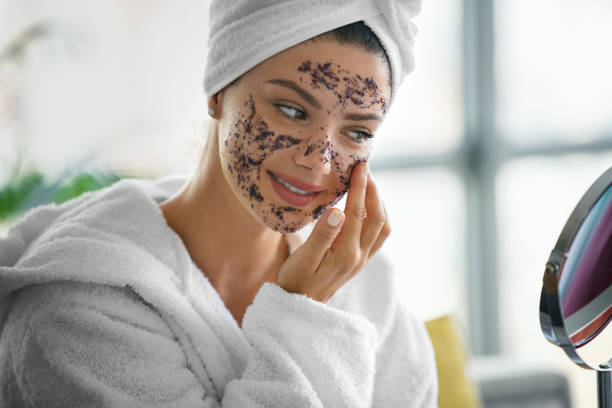
Facial masks can achieve cleaner skin and refined pores. Certain masks can thoroughly clean pores and remove fatty materials, metabolic waste, and dead cells that might clog them. While masks designed specifically for the cleansing step yield a more effective outcome at this stage, all properly applied masks aid in cleansing because they must be applied to a clean face and removed with water.
2. Hydrate:
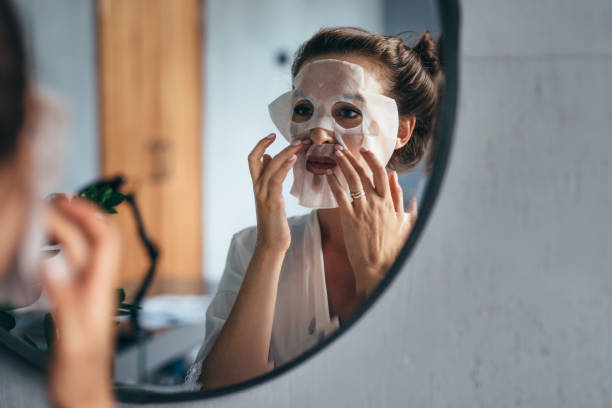
Masks give dry, parched skin moisture and hydration. The water in the mask softens and increases the skin's flexibility by penetrating deeply into the epidermis. The appropriate makeup is easier to put on hydrated, well-moisturized skin. The skin also appears younger, smoother, and healthier. Therefore, it is ideal to use it as a step or product before an event that calls for glowing skin.
3. They offer a uniform skin tone:
Facial masks can reduce hyperpigmentation and make skin tone and texture more uniform. They also encourage sweat gland output to raise the skin's oxygen content.
4. Reduce the thickness of fine lines:
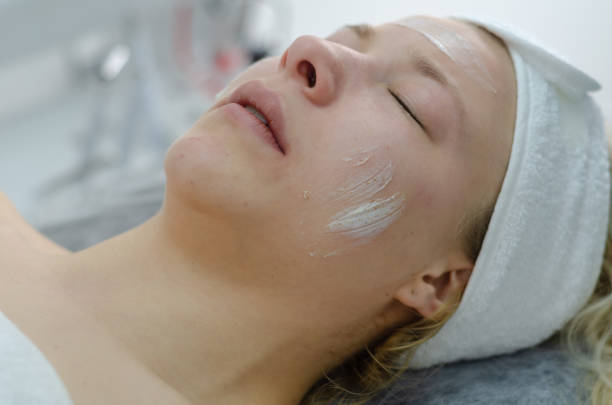
Frequent usage of face masks can minimize wrinkles, dark spots, fine lines, and other indications of aging. Additionally, they can accomplish softer and smoother skin.
5. Control greasy skin:
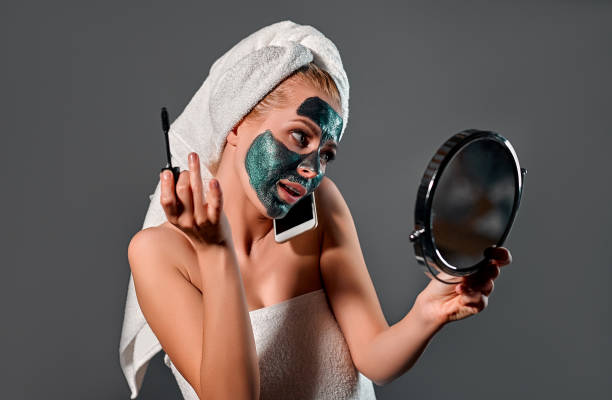
Sebum is the natural oil that lubricates and protects the skin, and it is frequently produced in excess, which leads to oily skin. Since hormones frequently cause this overproduction, no product can "fix" the issue. But by absorbing oil and enhancing natural hydration and moisture, a good face mask can help minimize oily skin by making the skin less likely to overproduce oil.
6. Firmer skin:
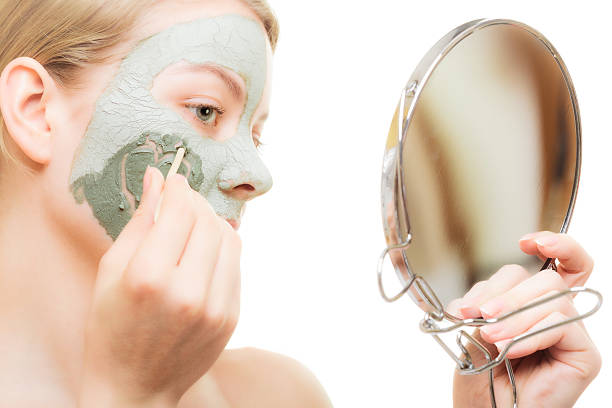
Skin sagging can give the appearance of aging. Certain face masks can battle free radical damage and boost collagen formation, progressively leaving skin feeling tighter, firmer, and more youthful.
Also Check : How To Do Facial At-Home
Face Mask Types
With so many variations available, how can you select the best face mask for your specific needs? Let's explore the topic further to determine which mask texture is best for you.
1. Gel Consistency:
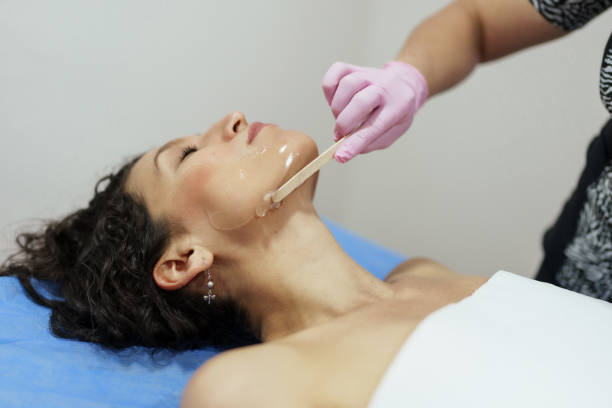
Gel masks are similar in consistency to jam or jelly. With their lightweight texture, they are ideal for oily to normal skin. Many gel masks contain astringent substances such as raspberries and blackberries, which help to reduce oil and constrict pores. Others are made with moisturizing components such as stone fruit and honey to restore the appearance of parched skin.
2. Cream:
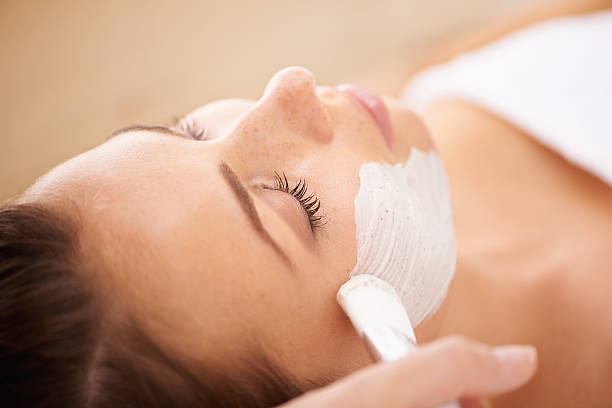
A cream-based mask feels similar to the texture of a heavy moisturizer. These face masks work wonders to replenish moisture and nutrients in the skin, keeping it plump and youthful-looking.
Cream masks can treat various problems, including obvious symptoms of aging and problematic skin. The Bamboo Age Corrective Masque improves the appearance of dry, parched, or aging skin overnight, while our Clear Skin Probiotic Masque is ideal for acne-prone and oily skin types.
3. Clay:
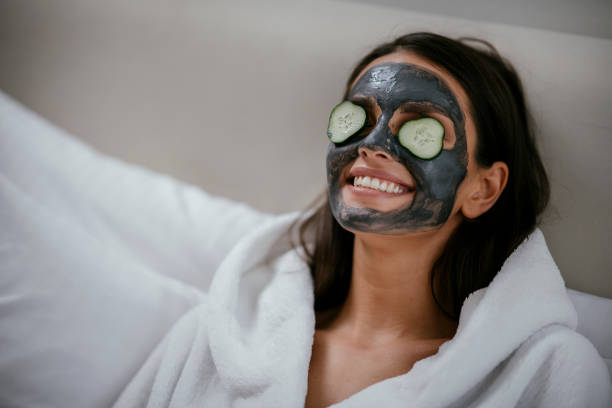
Clay's absorbing, exfoliating, and astringent characteristics help to cure acne-related skin issues such as excess oil and irritation. A clay mask can also be applied to specific problem areas, making it effective as a spot therapy. If you have congested pores, the Charcoal & Black Seed Clay Masque absorbs excess oil and minimizes the appearance of huge pores and dark stains.
Illite clay, activated charcoal, and black seed oil combine to create a product that visibly improves the appearance of congested pores, leaving the skin even and rejuvenated without drying out.
4. Exfoliating masks:
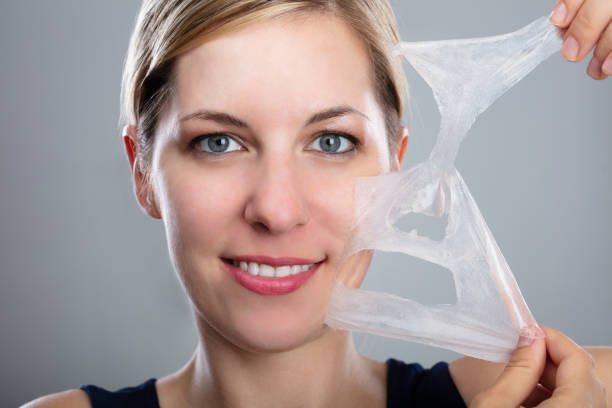
Exfoliating masks boost your skin's natural turnover process and eliminate dead skin cells. This kind of mask can be similar to a chemical peel, which uses beta or alpha hydroxy acids to breakdown and remove dead skin cells from the skin's surface. After using the hypoallergenic Radish Seed Refining Peel, fine lines and wrinkles appear less prominent.
5. Warming:
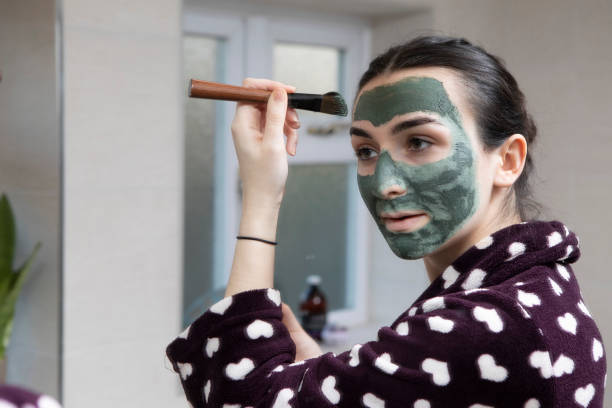
Active spices like cinnamon and paprika give the skin a warming sensation and tingle when applied. This is the outcome of enhanced blood flow to the region, explaining why some people may feel like they glow. The results show a clean, healthy complexion after 20 to 60 minutes. Nevertheless, not everyone should wear these masks: It is preferable to use a cream or gel-based mask that won't aggravate your symptoms if you have sensitive skin.
Which Face Mask Is Best For Your Skin Type?
Selecting the ideal face mask for your skin type and problems is crucial if you like to apply one mask at a time. Here are some ideas to get you thinking about every kind of skin:
1. Face mask for Oil skin:
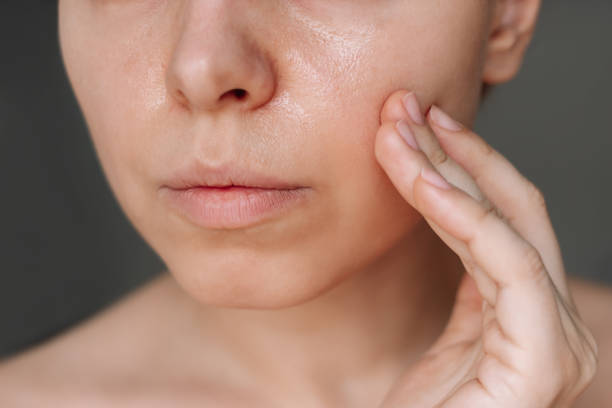
Excess sebum production on the skin is a sign of oily skin. Breakouts are frequently the result of germs and dead skin cells interacting with this much oil.
2. Face mask for Dry Skin:
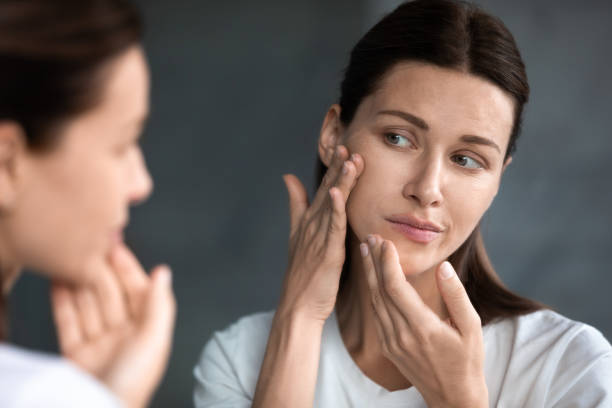
Flaky areas, scaly skin, or cracked, itchy skin are common symptoms of dry skin. Choose a face mask that contains shea butter and grape seed oil. It provides essential fatty acids that can help with dryness and suppleness.
3. Mixed Skin Type:

It can be annoying when you have dry cheeks but oily spots on your chin and forehead. By firming the skin's appearance and bringing out its smooth brightness, it will help to balance the appearance of the skin.
Also Check : Best Ways To Make Your Makeup Last All Day Long
Conclusion:
If you're unsure about applying a face mask all over, try it on a tiny section first. Remember that your healthcare practitioner is your most valuable asset when it comes to your skin's health. Face masks don't work like magic. "Daily skin care, such as adhering to a good cleansing regimen and drinking plenty of water, is much more important for maintaining healthy skin."
Face masks can boost your skincare routine, but they won't completely eliminate all of your bad habits. When used correctly, they can be a quick, affordable, and efficient method of giving your skin a little more care.
Digi-follower.com
Digi-follower.com
Digi-follower.com
Digi-follower.com
Digi-follower.com
Digi-follower.com
Digi-follower.com
Digi-follower.com
Digi-follower.com
Digi-follower.com
Digi-follower.com
dg-ads.com
dg-ads.com
dg-ads.com
dg-ads.com
dg-ads.com
dg-ads.com
dg-ads.com
dg-ads.com
dg-ads.com
dg-ads.com
dg-ads.com
digi-members.com
digi-members.com
digi-members.com
digi-members.com
digi-members.com
digi-members.com
digi-members.com
digi-members.com
digi-members.com
digi-members.com
digi-members.com
digi-members.com
buy-follower.co
buy-follower.co
buy-follower.co
buy-follower.co
buy-follower.co
buy-follower.co
buy-follower.co
buy-follower.co
buy-follower.co
buy-follower.co
buy-follower.co
buy-follower.co
nabfollower.com
nabfollower.com
nabfollower.com
nabfollower.com
nabfollower.com
nabfollower.com
nabfollower.com
nabfollower.com
nabfollower.com
nabfollower.com
nabfollower.com
nabfollower.com
خريدهاست.com
خريدهاست.com
خريدهاست.com
خريدهاست.com
خريدهاست.com
خريدهاست.com
خريدهاست.com
خريدهاست.com
خريدهاست.com
خريدهاست.com
خريدهاست.com
خریدفالوورایرانی.com
قیمت-لیر-ترکیه.com
هاب فالوور
smmpro.vip
digi-follower.com/en/